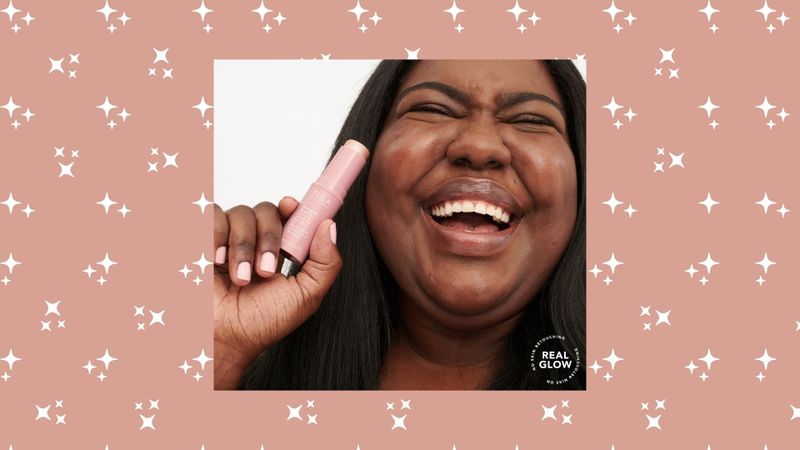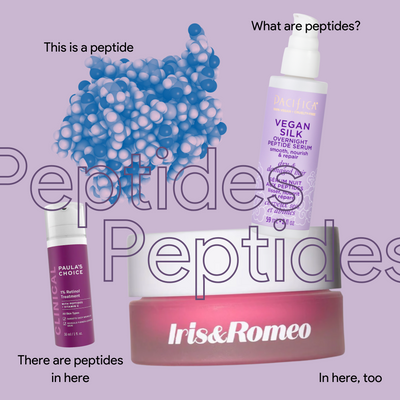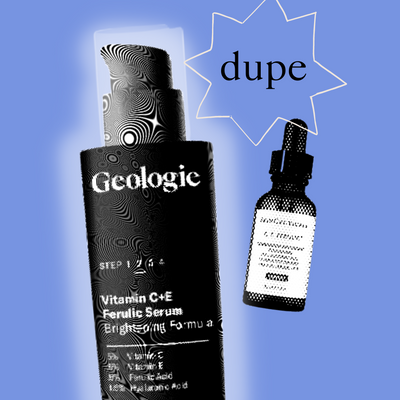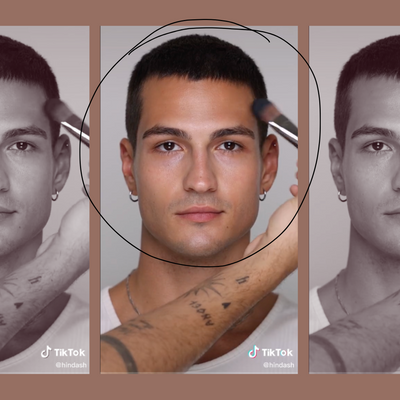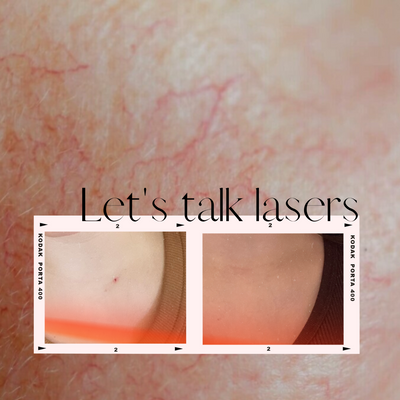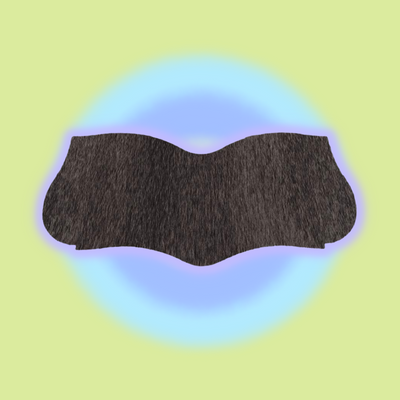People forget that the skin is literally an organ.
It’s a living, breathing ecosystem with pores designed to be the gatekeepers of what goes in (hydration and nutrients) and what comes out (sweat and sebum). Skin is not one size fits all. We all have varying degrees of acne, texture, discoloration, and scars that tell the story of each individual.
SEE ALSO: This bar soap cleared and healed my cystic acne.
What is “normal” skin? Normal skin is dry sometimes and oily others. It’s sensitive to products in the same way that our bodies are sensitive to certain foods or lifestyle changes. It’s moody, and changes day-by-day, month-to-month. It ages, as do our bodies and our minds. It is not poreless. It is not a perpetual problem we need to solve. It just… is. Forget categories like dry, sensitive, or oily: your skin as it is now is completely normal.
Like the body positivity movement, it can be challenging to come to terms with your own skin when beauty brands are constantly coming up with new products to solve problems you didn’t even know you had, and remind you of the ones you’ve always been insecure about.
It’s about representation. If you don’t see yourself in any beauty campaign, you start to think you’re not beautiful. You start to think you have all these problems and it can make you feel like you don’t belong in your skin. Beauty brands want to make you believe your skin is the problem, but it’s not. It’s self-confidence. You can (and should be) self-confident at any size, any weight, and in your own skin, on good days and bad.
Skincare brand TULA conducted a “Confidence Survey” with over 10,000 participants to explore the idea of confidence, what helps to create it, and what factors tear it down. 70% of customers say beauty ads degrade their self-confidence, and only 1% say social media makes them more confident. Their new campaign #EmbraceYourSkin is dedicated to making a change in the beauty industry by promoting confidence in your skin, whatever it looks like.
TULA has pledged no skin retouching, ever. Not in their beauty campaigns and not on social media. They’re going a step further by rethinking language, social norms, and what is important to the community with the goal of helping people embrace their skin. It’s an admirable goal, and even though we still have a long way to go in terms of representation, it starts with you. Put down the FaceTune and filters and get comfortable with what you look like – what you really look like.
Confident skin doesn’t look poreless and perfectly smooth. It looks like you – all your nooks and crannies, all your bumps and blemishes. It’s a state of mind that comes from within you, not something available to purchase. It’s refreshing to see brands like TULA embrace this mentality, and it’s about time that beauty consumers do the same.
Normalize skin texture. Normalize acne. Normalize pores. Normalize it all because all of it is normal. This is what real skin looks like. Let’s get used to it.

